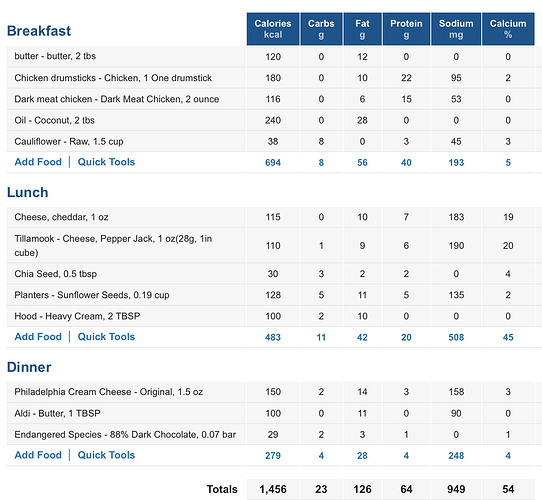It sounds like you’ve vested your latest hopes on ketosis. There is no magical weight loss that occurs with high ketones levels. It’s merely an indication of the fuel the body is using. It’s even possible to gain weight while being in a state of ketosis. To the extent that there is a magic bullet (there isn’t), it lies in influencing hormones (insulin, cortisol, leptin, etc), and is more nuanced then just regulating food intake.
If you’ve done every diet, then it’s not the diet, it’s you. Forget about the specifics of the diet and focus on figuring out how to create a framework that enables you to succeed. I’ll share my experience as an example.
My life (by design) is relaxed and relatively unstructured. Any “diet” has to be flexible to fit into my lifestyle. Furthermore, food isn’t a central element of my life, apart from it’s impact on my health. It’s easy for me avoid processed foods and eat real, whole foods most (but not all) of the time. Severely restricting carbs is too limiting for my eating situations. But I’m insulin resistant, so my carb tolerance is relatively low. I know it’s not realistic that I would weigh my food, count calories, track macros, etc. By nature, I’m impatient. I need feedback. I’m results/efficiency driven.
Given all these considerations, fasting has been my tool of choice. For several months, I ate on average, one meal a week. Eating only when social occasions dictated it, fit into my life well. The rapid weight loss it caused made it unsustainable over the long run. Eventually I transitioned to eating in a manner that keeps my blood glucose within a desired range. This allows my insulin sensitivity to continue to improve, even at my ideal weight.
I maintain a state of ketosis primarily through regulating my eating windows, and secondarily through diet composition. This works for me, your milage will vary. I hope that describing what works for me will help you design a structure that will work for you.


 Limit carbs to below 20, and eat the fattiest real food you can get till you are not hungry. your macros will fall into place automatically.
Limit carbs to below 20, and eat the fattiest real food you can get till you are not hungry. your macros will fall into place automatically. Many can use satiety as a tool in the beginning but some do have to track (I was one) and hope that satiety signals heal as they progress.
Many can use satiety as a tool in the beginning but some do have to track (I was one) and hope that satiety signals heal as they progress.
